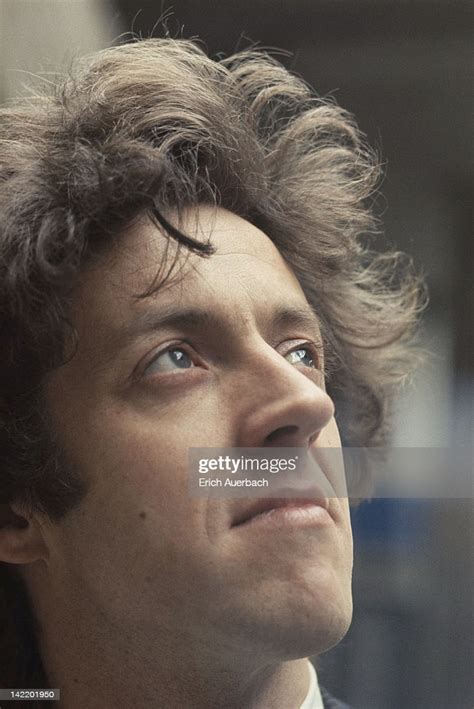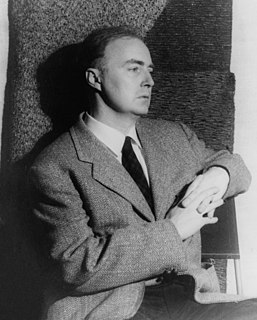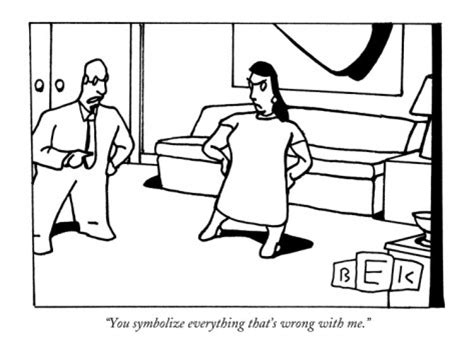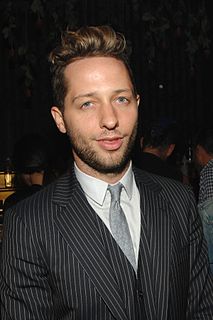A Quote by E. B. White
If sometimes there seems to be a sort of sameness of sound in The New Yorker, it probably can be traced to the magazine's copydesk, which is a marvelous fortress of grammatical exactitude and stylish convention.
Related Quotes
Some of Mr. Gregory's poems have merely appeared in The New Yorker ; others are New Yorker poems: the inclusive topicality, the informed and casual smartness, the flat fashionable irony, meaningless because it proceeds from a frame of reference whose amorphous superiority is the most definite thing about it they are the trademark not simply of a magazine but of a class.
The only reason the word "brand" gets a little tiresome is that something that is complex and wonderful and deep begins to sound like a can of tomato soup. I recoil at that, but I'm used to it. I know what it means: It means that The New Yorker is not merely the magazine that comes out in print once a week. It's the Web site, it's the festival, it's our mobile application - all these things - and what they stand for and what they mean.
Another example of what I have to put up with from him. But there was a time I was mad at all my straight friends when AIDS was at its worst. I particularly hated the New Yorker, where Calvin [Trillin] has published so much of his work. The New Yorker was the worst because they barely ever wrote about AIDS. I used to take out on Calvin my real hatred for the New Yorker.
Clay Felker was then - he had - to his credit, he had created New York Magazine, which was the first of the city magazines that covered the city and gave all kinds of advice and all that sort of stuff. And there were copies all over the country by the time he left. He had, however, a view of journalism that was very much, I must say, like Tina Brown's at The New Yorker. You hit 'em hard, fast, give 'em something to talk about the day after the paper comes out, as contrasted with William Shawn, who gave them something to talk about two or three years from then.




































